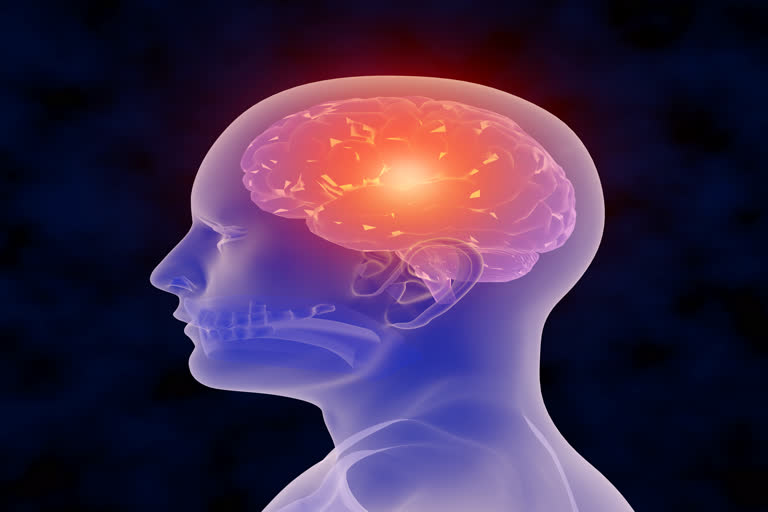In order to honor the people suffering from encephalitis, every year on 22nd February, World Encephalitis Day is observed. Initiated by the Encephalitis Society in 2014, the aims to raise awareness about the health condition. This year, the theme of the day is “Lights, Camera, Action”. According to the Encephalitis Society, 500,000 children and adults are affected by encephalitis every year, that is one person every minute.
What Is Encephalitis And Its Types?
Encephalitis is the inflammation of the brain, mostly caused due to either a viral infection or an immune system mistakenly attacking the brain tissue. It is mostly the viruses that cause encephalitis, but in rare cases, bacteria too can be a reason. Encephalitis can be categorized into various categories and here are some of its types as stated by the Encephalitis Society.
When an infection invades the brain, it is known as Infectious Encephalitis, which can be further categorized into:
- Amoebic Meningoencephalitis
- Chikungunya Encephalitis
- Enterovirus Encephalitis
- Herpes Simplex Virus Encephalitis
- Japanese Encephalitis
- Measles Infection And Encephalitis
- Rabies
- Tick-borne Encephalitis (TBE)
- West Nile Encephalitis
- Zika Virus Infection
When the body’s immune system itself mistakenly attacks the brain tissues, it is known as Auto-immune Encephalitis. Its types are:
- Acute Disseminated Encephalomyelitis (ADEM)
- Acute Disseminated Encephalomyelitis (ADEM) In Children
- Hashimoto's Encephalopathy
- Lgi1/Caspr2-antibody Encephalitis
- Limbic Encephalitis
- Nmdar Antibody Encephalitis
- Rasmussen's Encephalitis
Other types include:
- Encephalitis Lethargica
- Human Immunodeficiency Virus (HIV) And The Brain
- Subacute Sclerosing Panencephalitis (SSPE)
What Are The Symptoms?
In infectious encephalitis, initially, a person may present flu-like symptoms like fever and headache. However, the symptoms tend to worsen. According to the World Health Organization (WHO), symptoms include high fever, headache, sensitivity to light, stiff neck and back, vomiting, confusion, and, in severe cases, seizures, paralysis, and coma.
In autoimmune encephalitis, according to the Encephalitis Society, symptoms will vary depending on the type of encephalitis-related antibody but may include: confusion, altered personality or behavior, psychosis, movement disorders, seizures, hallucinations, memory loss, or sleep disturbances.
Diagnosis And Treatment
It can be diagnosed through various tests such as neuroimaging (MRI or CT Scan), lumbar puncture, Electroencephalogram (EEG), Blood tests, etc. once diagnosed, the patient is treated according to the type and symptoms he/she presents.
The main aim of treating encephalitis is to alleviate symptoms. A person can be treated with either antiviral drugs if it is due to a viral infection, antibiotics for the bacterial type, and immunomodulatory drugs for autoimmune encephalitis. If a person is not treated on time, complications such as memory loss, behavioral changes, epilepsy, etc, can arise. Therefore, if you notice any of the aforementioned symptoms, consult a doctor immediately.



